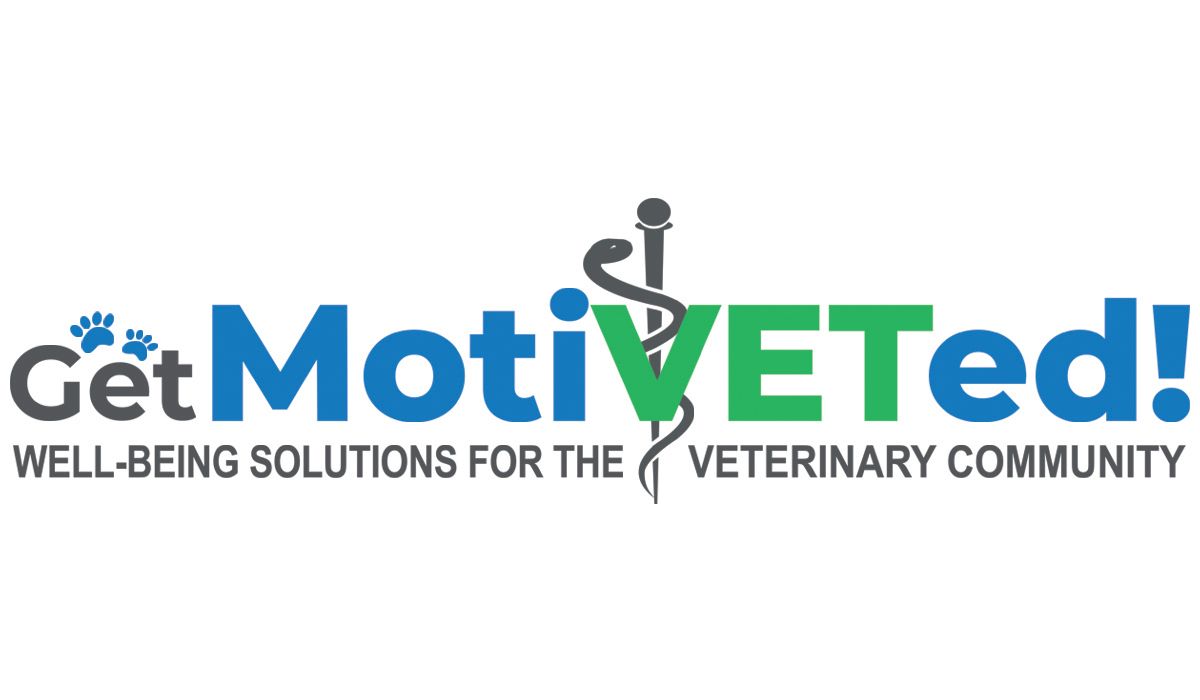
Demystifying mental health services

The quest for emotional well-being doesn’t have to be undertaken alone.
Content submitted by Get MotiVETed, a dvm360® Strategic Alliance Partner
Fear of the unknown stops many of us, including veterinary professionals, from seeking mental health services. Although both internal hesitation and the external stigma attached to these services have started to decline, many people still find it difficult to take the first step on the path to self-care. Shedding light on the unknown is the best way to eliminate the fear and illuminate the path.
My journey
As someone who has used mental health services for many years, I am a great advocate of the different options available. I began my journey in my early 20s, taking advantage of cognitive behavioral therapy and prescription drugs, among other alternatives. I have worked with different types of professionals over the years, spending the most time with a favorite social worker. I have also visited offices once and never returned because I was exploring what was best for me, even in terms of cost and driving time (those things truly do matter).
After overcoming certain challenges, I weaned myself off medication and worked on developing what I call my mind of bliss. When I moved from Michigan (home) to North Carolina, I sought help again because I knew that the experience would be both transformative and stressful. Wanting to be proactive, I attended stress and anger management groups and derived great benefit from the counsel of an army chaplain. A key takeaway from my journey is that the number of services available is vast.
A partnership
There are mental health services for every person and every need. They can be used as maintenance, like automotive tune-ups, or in times of crisis or of aimless wandering through confusing chapters of one’s life. There are practices, treatments, and approaches that influence one’s frame of mind but don’t come directly under the umbrella of mental health.
When we begin to acknowledge that we are multidimensional—and face mental, emotional, physical, and social stress or disease—everything changes for the better. We are no longer taking a fragmented approach to health. To experience true well-being, we must be intentional and holistic. Even if we work with a team of professionals to manage our health and well-being, we must be at the forefront of the endeavor. Although it may be difficult at times to advocate for oneself, we must do so. Partnering with the right people and doing the work will make self-advocacy easier.
Even more important, when we engage in the process, we must commit to it. No matter what the role of the practitioner is, as patients we have to think of ourselves as being in a partnership. Veterinary professionals ask the same of their clients: to partner with them and be compliant for the sake of the pets. They ask their clients to be open, honest, and forthcoming so they can navigate the relationship and ensure the welfare of their companion animals.
Every clinician has had one of those cases. It’s obvious that something bad has happened; the dog ate something dangerous, for example. Yet somehow, be it due to embarrassment or uncertainty, the owner cannot provide a cohesive history: Maybe they are shy about finances or their ability to properly medicate the animal. Then suddenly, the child chimes in: “I saw her eating a bag of onion rings on Tuesday.”
In large part because of social media, people have become used to giving strangers a “highlights reel” of their lives, even when asking for professional help. But help doesn’t have to be viewed negatively. Let go of the idea that not being able to solve your own problems makes you inadequate or that needing support from others is a weakness. Everyone yearns for an embrace, even if just energetically, that carries them through difficult times. But hugging oneself is not enough. You can, instead, choose to shift your perspective. Why not shorten your distress and build skills that will last you a lifetime? Why not empower yourself to hire a professional?
There are many organizations and resources, like the VIN Foundation and BetterHelp.com, that can give you the support you need. Of course, “I tried that and it didn’t work” is a common refrain. Keep trying. There is hope. One negative interaction or a type of therapy you didn’t like does not constitute a blanket indictment of the entire system.
Connection
Find someone you can connect with, a person who gets you and vice versa. My favorite social worker understood me in a way nobody else did. She got me through some tough times when I was too depressed to drive to see her.
Find that person. Find people who approach life, health, and well-being the way you do. When I was ready to change what wasn’t working and build the skills to safely let go of the meds, I had people who guided me. Connection may enhance the quality of your life; it may transform it—or even save it.
After all, as a clinician you will have the quality-of-life conversation with their clients thousands of times in your career. How many times have you had that conversation with yourself?
Newsletter
From exam room tips to practice management insights, get trusted veterinary news delivered straight to your inbox—subscribe to dvm360.




